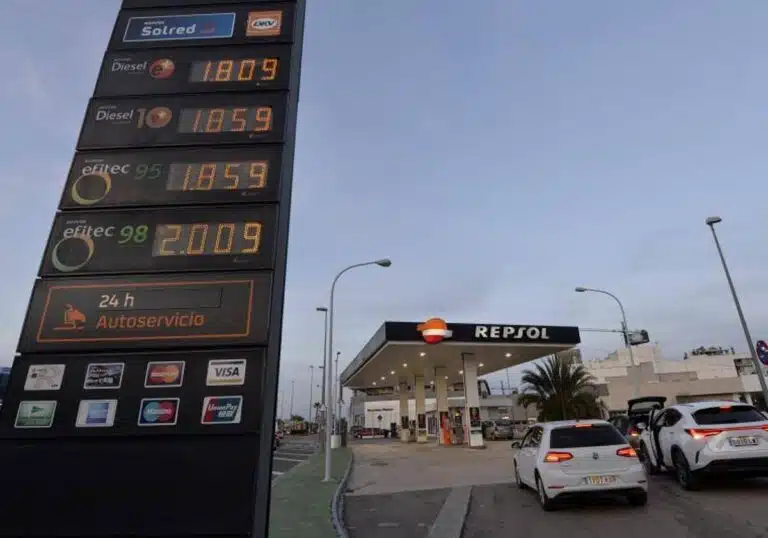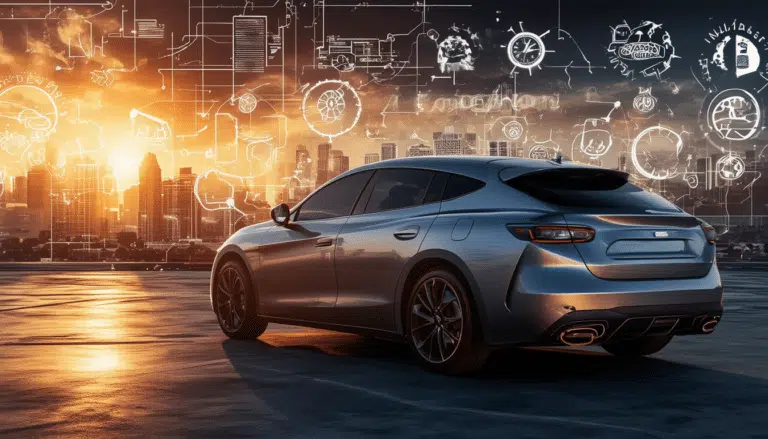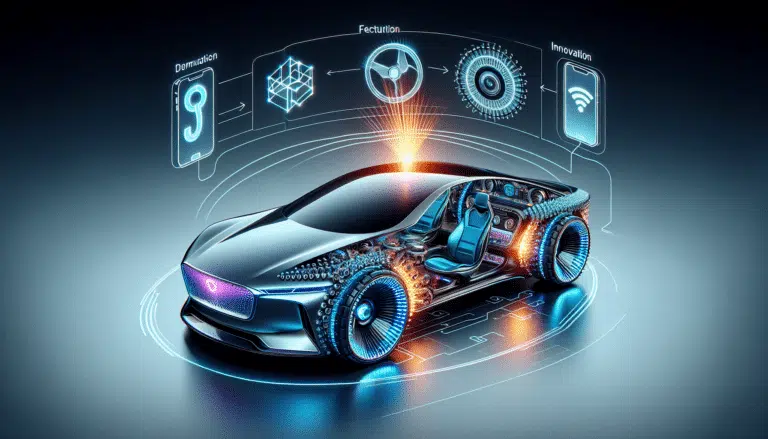Automobiles: lawmakers reject the ban on sales of internal combustion vehicles by 2035
Recently, legislators made a significant decision in the automotive sector by rejecting the ban on the sale of internal combustion vehicles starting in 2035, a measure that had been driven by a regulation from the European Union. This rejection raises questions about the future of sustainability in the automotive sector and the industry’s ability to adapt to electrification, in a context where reducing emissions of CO2 has become a central aspect of environmental policies.
Recently, legislators have made a significant decision by opposing the inclusion in French legislation of the ban on the sale of internal combustion vehicles starting in 2035, a measure supported by a European regulator. This decision has sparked a wide debate about the future of transportation and sustainability goals in the automotive industry.
The legislative context and the government’s proposal
The French government had proposed to officially transpose the 2035 date into national legislation through a bill that included various adaptations to align with European Union standards. However, the vote in the national assembly resulted in a notable division, with 34 legislators, mainly from the Rassemblement National, voting in favor of eliminating this date, while 30 opposed it, largely from parties like Renaissance and the ecologists.
Concerns about the transition to electricity
One of the key concerns raised during the debate was the cost of acquiring electric vehicles. Legislators like Matthias Renault argued that for the more modest households, purchasing an electric car is seen as an excessive expense at this time. Additionally, it was noted that the European automotive sector is not fully prepared for such a rapid transition to electrification.
The defense of the 2035 goal
Despite the expressed concerns, the Minister of Industry and Energy, Marc Ferracci, defended the 2035 target, stating that this goal has driven the entire automotive industry and that automakers are not asking for a reevaluation. According to his view, car manufacturers want more flexibility regarding the penalties they could face in 2025 if they fail to meet the CO2 emission reduction targets.
Pressure from Brussels and the future of the sector
So far, the proposed ban has not been openly challenged in Brussels, although pressures are continuing to increase from certain politicians and manufacturers, especially in light of electric vehicle sales that have begun to stagnate, as well as growing competition from China. Ursula von der Leyen, President of the European Commission, recently announced an action plan to help car manufacturers adapt to the electrification demands.
The impact on the European automotive industry
The decision of French legislators not only impacts at the national level but may also influence the dynamics of the European automotive industry as a whole. For more context on the impact of electrification on car sales and the industry, studies that address how companies are adapting to this new reality can be consulted. An example is how Toyota is developing an innovative engine that could change the game for its future hybrid vehicles.
Additionally, the Győr plant is an example of how factories are necessary to adapt to these new regulations and technologies emerging in the electric vehicle market.
These decisions and their implications highlight the importance of a constructive debate about the future of transportation and the need for policies that not only consider the progress toward electrification but also the economic well-being of all those involved in the industry.
Rejection of the ban on internal combustion vehicles
Recently, French legislators decided not to proceed with the proposal to ban the sale of internal combustion vehicles starting in 2035. This decision marks a significant shift in automotive policy, as the date was aligned with a European regulation designed to promote sustainability and combat CO2 emissions.
Despite the initial goal of transitioning to electric vehicles, representatives argued that the financial burden on the more modest households and the lack of preparedness of the European automotive sector justify this rejection. Concerns about the economic viability of electric vehicles have led to a debate about the timing of environmental policies.
This development not only reflects internal political tensions but also highlights the challenges facing the European industry on its path toward cleaner and more efficient mobility.




